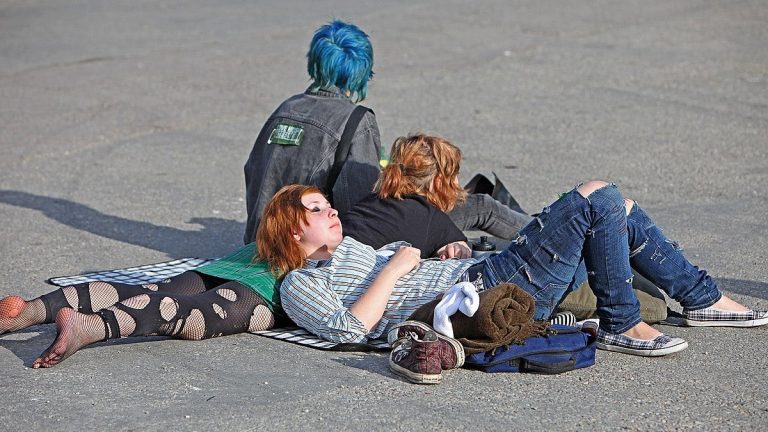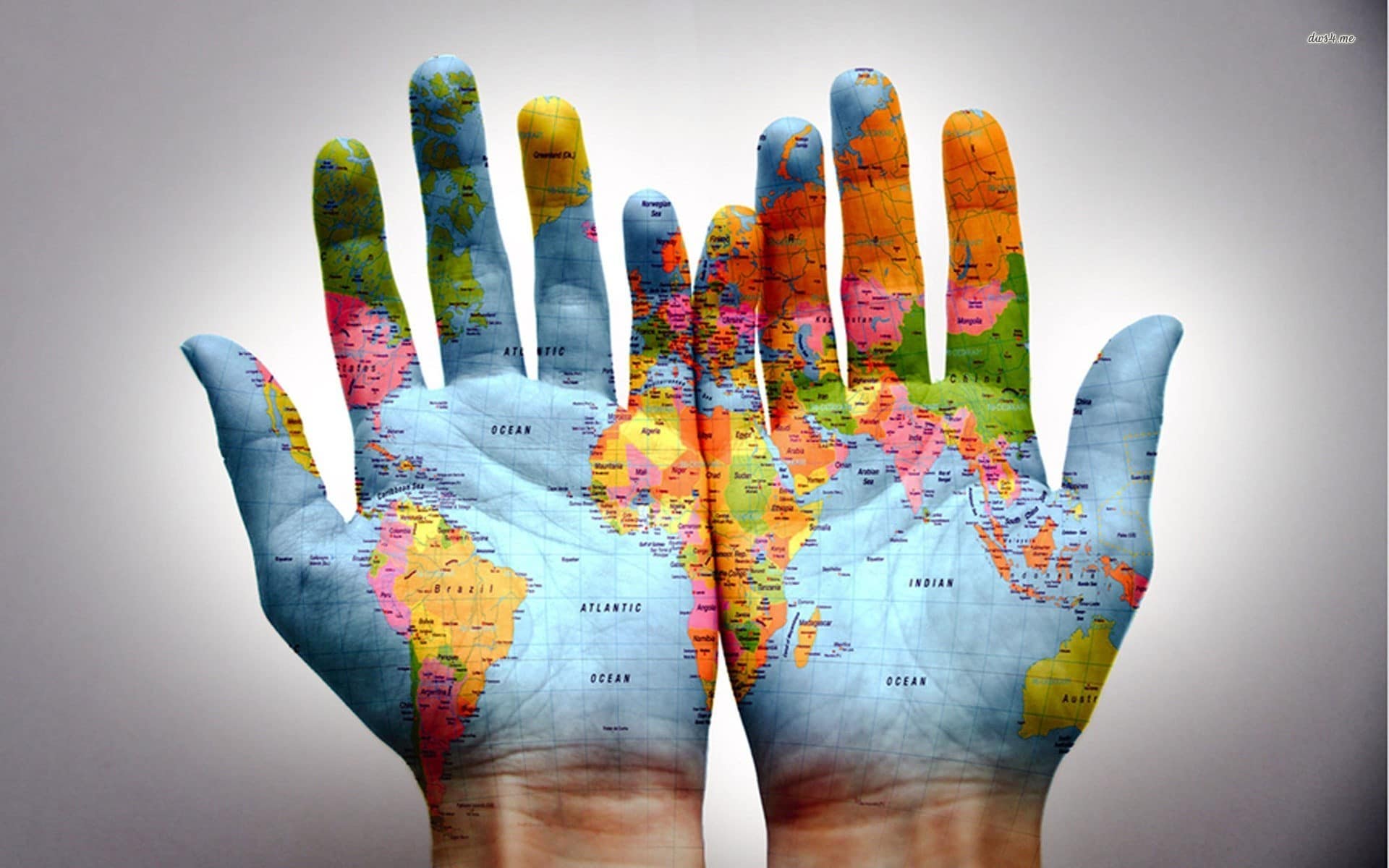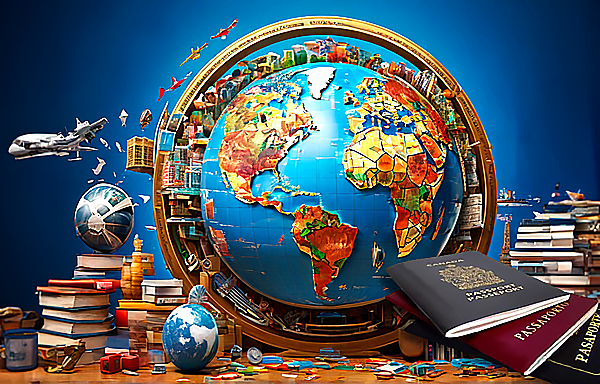Introduction
Culture is no longer confined by geography, language, or tradition. In today’s hyper-connected world, culture is fluid, fast-moving, and more accessible than ever. From TikTok trends to global cuisine fusions, from digital activism to AI-generated art, modern culture is in constant evolution—reshaping how we see ourselves, relate to others, and express our identities.
The Rise of Global Fusion Culture
Borders have blurred, and so have cultural lines. What once belonged to a specific country or heritage—music, fashion, even slang—is now shared, remixed, and reimagined across the globe. Korean pop stars dominate American charts, African streetwear influences Paris Fashion Week, and Gen Z around the world learns the same TikTok dance in different languages.
This cultural fusion is creating a new kind of identity: one that’s hybrid, fluid, and constantly evolving. It encourages curiosity and connection, but also raises questions about appropriation vs. appreciation—pushing society to think more deeply about respect and representation.
Digital Culture: The New Global Village
Social media platforms are today’s cultural epicenters. They don’t just reflect culture—they create it. Memes, viral trends, and niche subcultures thrive on platforms like X, Instagram, TikTok, and Reddit. These digital spaces offer community, expression, and influence—often faster than traditional media can respond.
But with this speed comes responsibility. Online culture can spark global awareness (think #MeToo or #BlackLivesMatter), but it can also foster misinformation or polarization. The way we interact digitally has become a defining aspect of our cultural behavior, ethics, and even politics.
AI and the New Creative Landscape
AI is transforming how culture is produced and consumed. From AI-generated paintings and music to deepfake videos and chatbot storytelling, technology is now a cultural collaborator. While some celebrate the accessibility and innovation AI brings to the creative process, others fear it may dilute authenticity or replace human voices.
This cultural shift forces us to ask: What makes art truly human? Can machines reflect lived experience? As we move forward, the definition of creativity itself may be rewritten by algorithms.
Culture as Identity: From Tradition to Personal Branding
In the age of personal branding, culture has become a tool for self-expression. People now construct their identities through aesthetics, playlists, political values, and online personas. Your “culture” might include ancestral heritage and your Spotify Wrapped. Tradition is still powerful, but it now coexists with digital self-curation.
This blending of personal and public identity is redefining how we connect. Culture is no longer something you’re born into—it’s something you choose, shape, and share.
Conclusion
Culture today is fast, global, and endlessly dynamic. It lives in our phones, our habits, our hashtags, and our conversations. As we navigate this ever-shifting landscape, the challenge is to remain thoughtful—honoring the past while embracing the future, connecting across differences while staying true to who we are. In the end, culture isn’t just what surrounds us—it’s what we create together.



